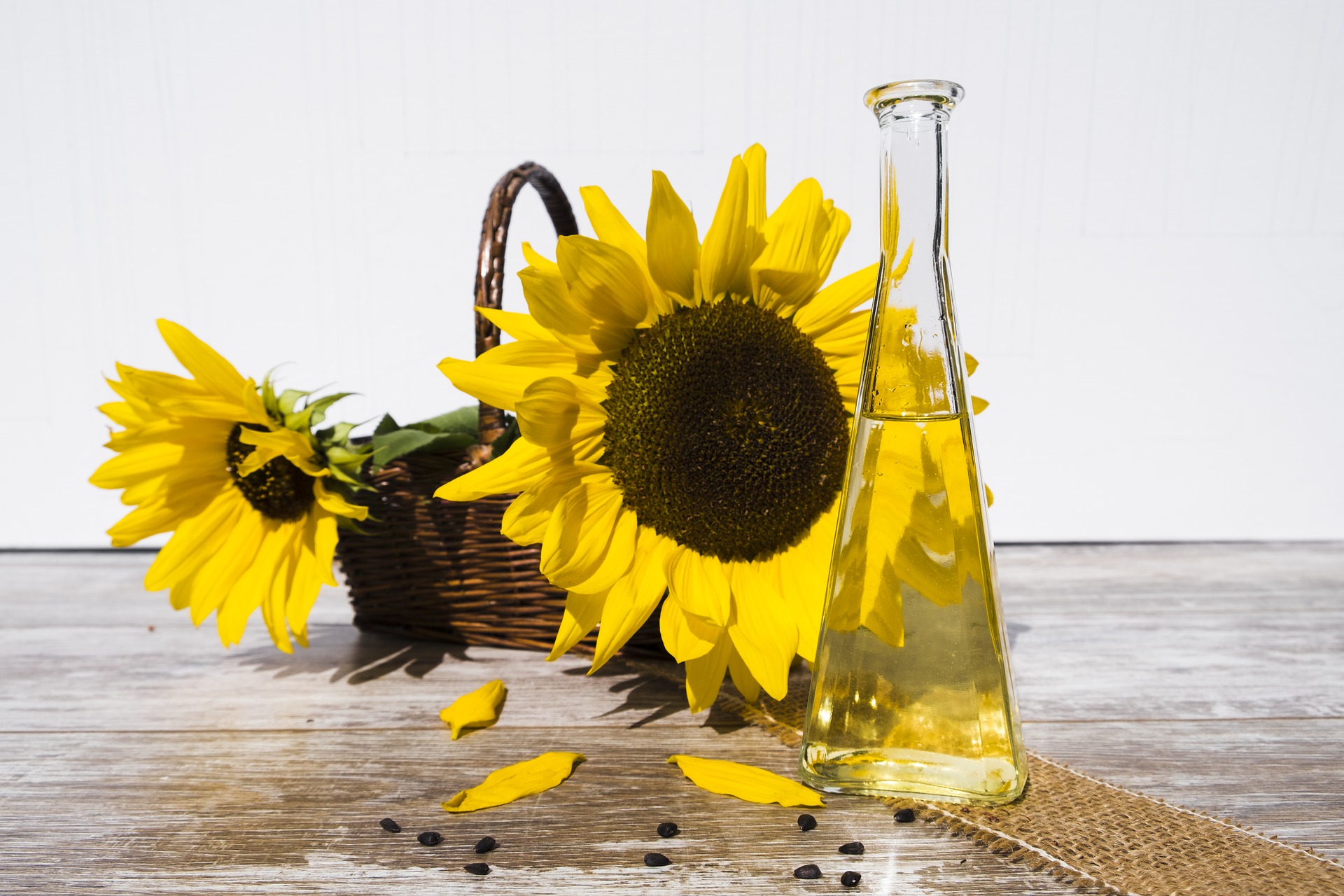Top Anti-Inflammatory Foods and Herbs | Amazing Reishi
Each year, more and more Americans are diagnosed with inflammatory conditions such as rheumatoid arthritis, inflammatory bowel disease, sinusitis, and tuberculosis. Those suffering from such conditions are told by the medical establishment that they will be on anti-inflammatory medication for the rest of their lives.
Being dependent on medication for the rest of your life is no way to live. In fact, many of the most popular anti-inflammatory drugs (NSAID) have been shown to cause gastrointestinal bleeding, hypertension, renal failure, heart failure, and increased risk of death (1).
Yet, despite this common knowledge of the adverse effects of these anti-inflammatory drugs, millions of Americans continue to take them in hopes to combat their inflammatory condition.
With that being said, almost all inflammatory medication can be discontinued if the individual does the following:
- Follows a Correct Diet
- Incorporates Medicinal Herbs/Mushrooms into the Diet
This means following a traditional style of eating and removing all pro-inflammatory foods from the diet such as sugar, processed foods, and grains.
The Top Inflammatory Foods
Before we get into the best diet for treating inflammation naturally, let’s first discuss the top foods that contribute to inflammation in the body.
Processed Foods
Processed foods are a disaster for anyone looking to avoid inflammatory conditions in the body. In particular, processed foods contain dietary emulsifiers which have been proven to be extremely counterproductive towards overall health.
Research has shown that dietary emulsifiers not only contribute to metabolic disorders such as diabetes and obesity, but also contributes to chronic inflammatory diseases in the body (2).
Vegetable Oils
Vegetable oils are disastrous towards overall health due to their inflammatory ratio of omega 6 to omega 3 (3). Cooking with these oils causes a whole other set of problems as the heat causes the oils to become rancid and essentially makes a toxic byproduct.
A study published in The American Journal of Clinical Nutrition showed that individuals who consumed partially hydrogenated vegetable oils displayed elevated concentrations of inflammatory biomarkers than compared to those who did not consume PHVO (4).

Grains
To be fair, grains aren’t necessarily bad when properly prepared. In fact, grains have been a staple in human nutrition for thousands and thousands of years. However, if you’re buying your bread from the store, it’s best to avoid this food all together.
All grains contain an anti-nutrient called Phytic Acid. It’s been shown that phytic acid contributes to inflammatory conditions such as inflammatory bowel disease and increases intestinal permeability (5). Traditionally, phytic acid was significantly reduced by soaking and fermenting. However, due to production costs, these steps are most definitely not being taken by big manufactures of grain products.
Nuts and Seeds
Again, just like grains, nuts and seeds need to be properly prepared in order to remove phytic acid. If you’re a frequent consumer of nuts or seeds, it’s highly advisable that you perform a salt water soak for at least 24 hours before consuming. From here, the nuts and seeds can be eaten as is or roasted.
Non-Organic Animal Products
When animals are raised correctly and consume the diet in which they were intended to eat, they become some of the best foods to combat inflammatory conditions in the body. However, animals raised on antibiotics and fed a grain heavy diet will have an unbalanced omega 3 to omega 6 ratio and will be extremely pro-inflammatory towards the body (6).
It’s for this reason that all food, not just animal products, should be organic. Many plant foods that are not organic have most definitely been sprayed with all sorts of pesticides which can also contribute to inflammatory conditions in the body by disrupting the immune systems natural balance (7).
Sugar
When it comes to inflammatory conditions, if there is one thing you could remove from the diet in order to foster improvements it would be sugar. White sugar has no place in the human diet. It’s a highly processed food and has been shown to haves similar effects on the brain as cocaine (8). This is why giving up the “sugar kick” is extremely difficult for most.
Research has shown that diets high in sugar rapidly alter blood glucose and insulin levels in the body which naturally increases the production of free radicals and pro-inflammatory cytokines (9).
The Best Diet for Lowering Inflammation
Once the following inflammatory foods have been removed from the diet, a more traditional style of eating can be incorporated. High quality organic animal foods should make up a large portion of the diet. Quality animal foods such as grass-fed beef, wild caught fish, pastured eggs, and raw dairy have extremely important fat soluble vitamins which have been shown to combat inflammatory conditions in the body (10).

Furthermore, aim to consume at least three servings of dark leafy greens a day as these have been shown to be anti-inflammatory due to their high flavonoid and antioxidant content (11). Fruit should be eaten seasonally and preferable ripe.
For more information of traditional eating and foods that can help lower inflammation in the body naturally, The Weston A. Price foundation is an excellent resource to utilize.
Herbs that Help Reduce Inflammation
As well as following a traditional diet, there are various herbs that have been used for centuries in order to treat inflammatory conditions in the body naturally.
Reishi Mushroom a Powerful Anti-Inflammatory
By far one of the most powerful herbs on the entire planet, Reishi mushroom is great for combating various inflammatory conditions in the body. Reishi has been shown to have possible positive effects on asthma, food allergy, atopic dermatitis, inflammation, and rheumatoid arthritis (12).

As an added benefit, taking Reishi mushroom daily enhances the immune system’s ability to fight off various forms of cancer in the body (13).
Ginger
Ginger is excellent for adding to dishes and spicing up bland tasting food. Due to its high amount of phytochemistry, Ginger has been shown to have strong anti-inflammatory and anti-oxidative effects on the body (14).
Turmeric
Similar to Ginger in its ability to combat inflammatory conditions in the body, Turmeric is an amazing spice that has been used for centuries for both culinary and medicinal purposes.
Research has shown that curcumin, the active component in Turmeric, has antioxidant, anti-inflammatory, antiviral, and antifungal properties (15). Simply adding this spice to all your meals is a great strategy for combating inflammation in the body.
Chaga Mushroom
Similar to Reishi, Chaga mushroom is excellent for combating inflammatory conditions within the body. Ancient Russian Serbians used this mushroom extensively and was said to have helped them live a long healthy life in the harsh climate of Serbia.
Research indicates that Chaga mushroom is extremely beneficial for those suffering from inflammatory bowel disease and has anti-cancer effects in the body (16)(17).
Cinnamon
Cinnamon can be very useful for those suffering from inflammation. This spice is used daily all over the world by various cultures and has a proven track record of being both safe and effective.
Research published in Evidence-Based Complementary and Alternative Medicine found that Cinnamon is a potent anti-inflammatory due to its phenolic compounds and flavonoids (18).
Conclusion
Inflammatory conditions have become more and more common in America. Millions are taking anti-inflammatory drugs in hopes to combat the problem while also opening the door to possible life threatening side effects of taking this medication daily.
Following a proper traditional diet and removing pro-inflammatory foods from the diet is the quickest and safest way to reduce inflammation in the body naturally. Also, in combination with good diet, various medicinal herbs can be incorporated in order to further reduce inflammation in the body.

